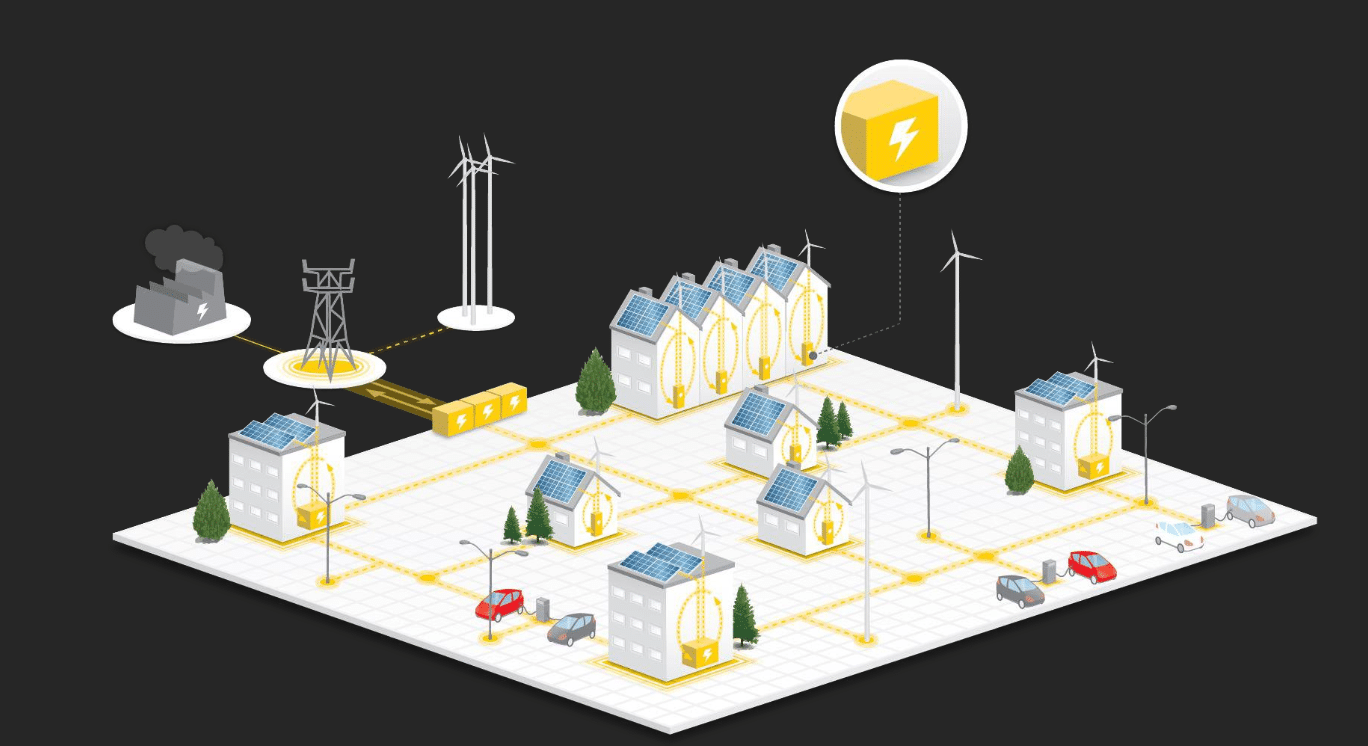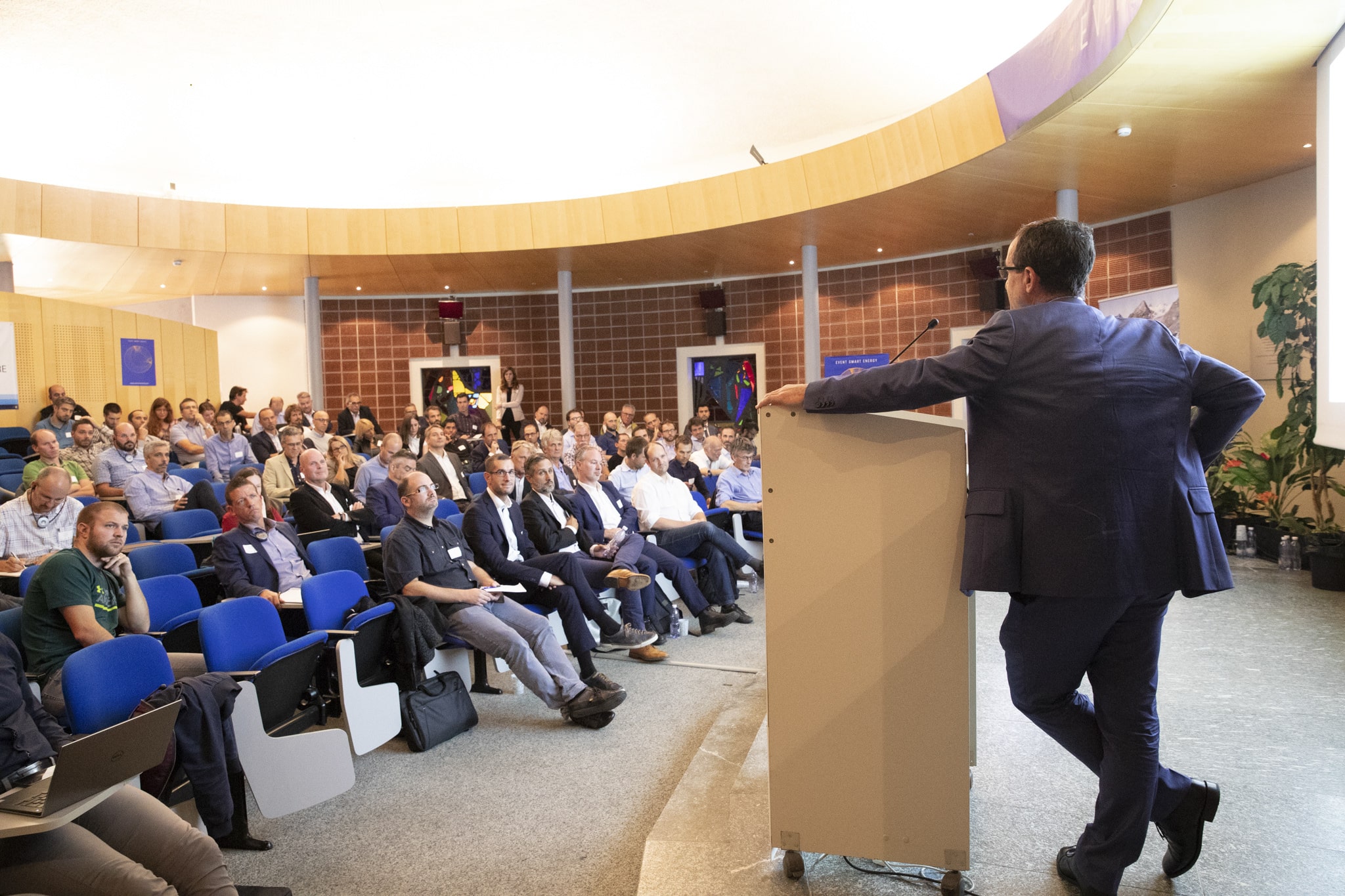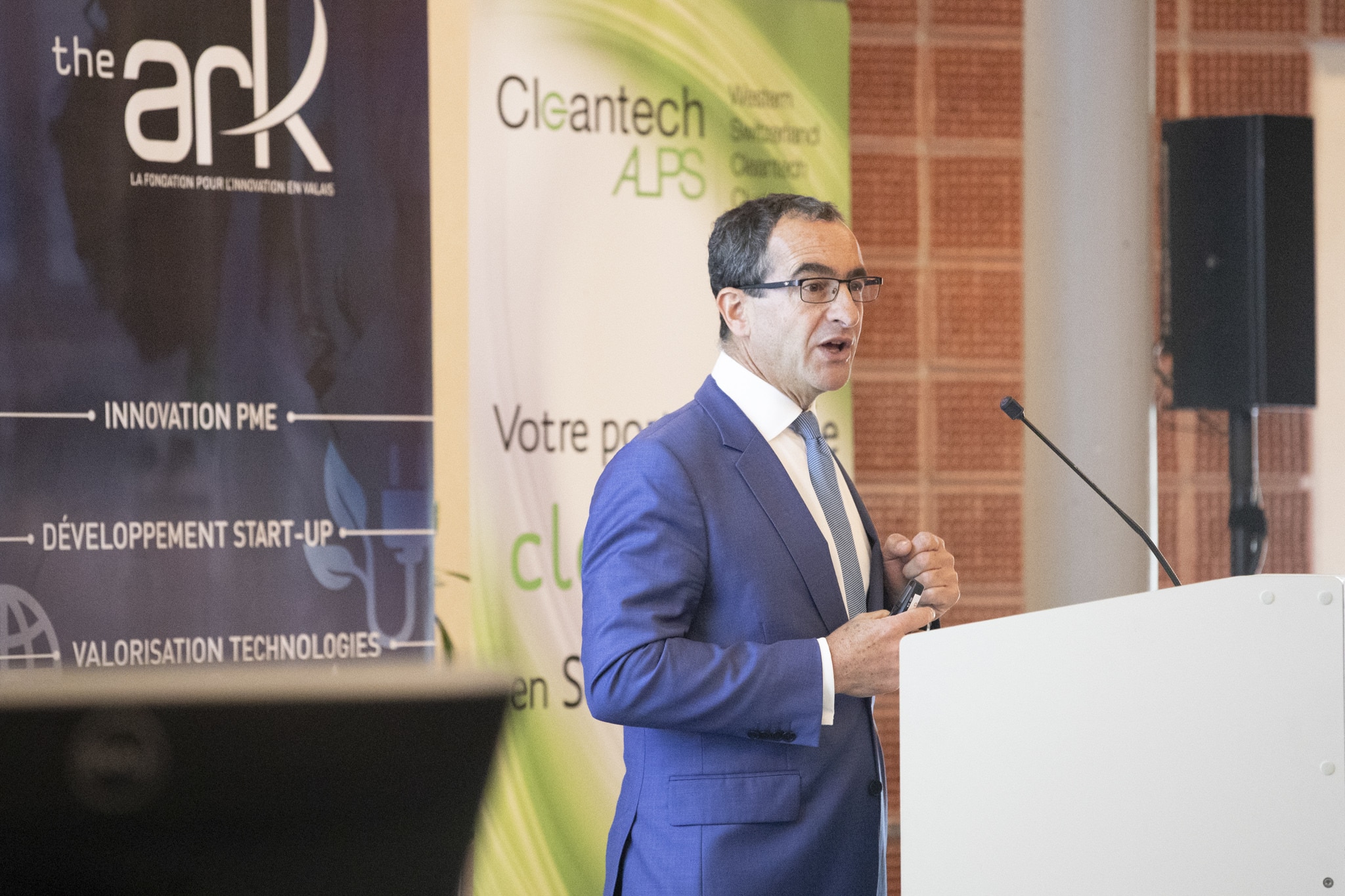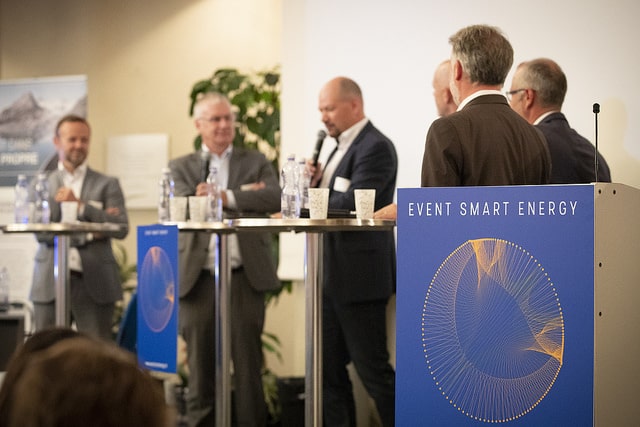Prosumption and liberalisation of the energy market: these are hot topics among all energy specialists. In the Netherlands in particular, managing energy from renewable sources has become a priority. The start-up Spectral is an excellent example: it is promoting the development of local networks through its many projects, which use smart technology.

Context
Prosumption and liberalisation of the energy market: these are hot topics among all energy specialists. In the Netherlands in particular, managing energy from renewable sources has become a priority. The start-up Spectral is an excellent example: it is promoting the development of local networks through its many projects, which use smart technology.
Based in Amsterdam, Spectral was formed in 2015 by Philip Gladek, now its CEO. It is the first spin-off from Metabolic, an organisation that works with governments, NGOs and businesses to address complex sustainability-related challenges. This young company is not afraid to embrace new technology in order to achieve its objective of a 100% sustainable energy supply, whether this means developing micro-networks, using blockchain, or creating its own battery system.
Philip Gladek attended the 8th edition of the Smart Energy event and shed some additional light on European energy policy. The creation of local energy communities is subject to certain conditions. These communities must own and manage their distribution network, and allow direct access to the market. In the Netherlands, authorisation has to be obtained before a private micro-network can be developed.

Innovative and varied projects
Different projects developed by Spectral illustrate this trend for developing micro-networks. One in particular, the Jouliette project, has attracted a lot of attention. It is a smart meter system that interacts with blockchain technology, and is the first initiative of its kind in the Netherlands. Each building in the network is equipped with three smart meters that send data in real time. This data is then sent to the blockchain, which allows members of the community to perform secure transactions directly, via their own virtual wallets, without using a bank.
Another of Spectral’s projects, Schoonschip, is being developed on a large canal near Amsterdam, with the objective of creating “Europe’s most sustainable floating community,” as Philip Gladek explained. Each of the floating homes in the project will be fitted with local photovoltaic production systems, energy storage (batteries), solar collectors, thermal energy storage, a smart heat pump and other smart-grid-ready equipment. The community’s first residents will arrive in November.
“Influencing the system’s actors”
In its early days as a startup, Spectral positioned itself as an organisation that wanted to accelerate the energy transition, without having any specific commercial objective. Now, given the diversity of the projects it has implemented, it can genuinely be described as a service provider within the energy sector. When asked what role Spectral plays, Philip Gladek gave a somewhat surprising answer: “Maybe we do too much. But the real value of what we do is to understand the different layers of the system in order to influence the overall vision, influence the actors in this system and the tax authorities.” On these points, this young company still has plenty of scope!
Report of the presentation given on 31 August 2018 during the Smart Energy event.
More information & PDF presentation on Smart Energy Event website : https://www.eventsmartenergy.ch



